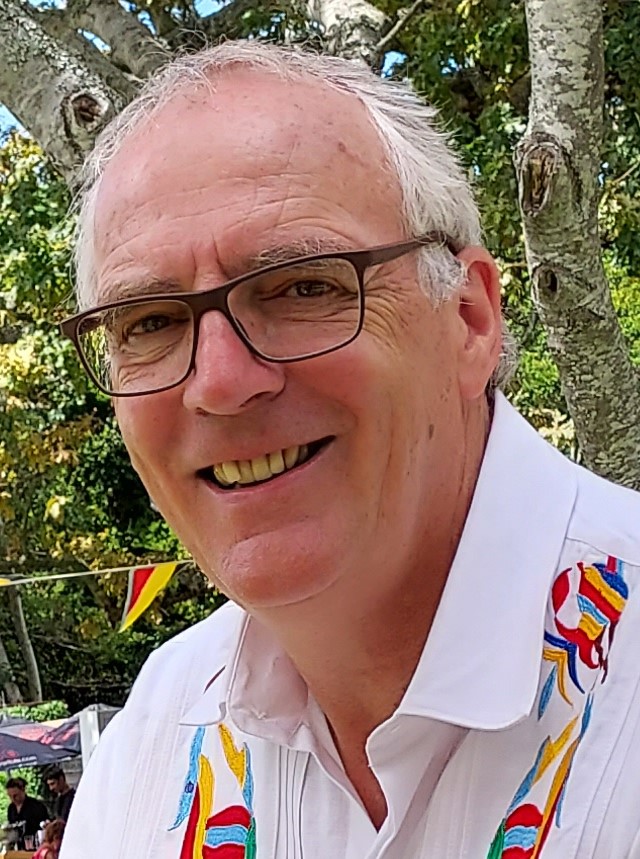
The spectrum of topics in our working group ranges from sedimentation processes and cold-water coral ecosystems to the reconstruction of marine environmental conditions in the past (paleoceanography). In order to describe and, above all, understand past climate and environmental changes, we not only use marine sediments as paleoarchives, but also include the relevant sedimentation processes that ultimately form these paleoarchives. In doing so, one focus is on cold-water coral reefs in the deep sea, which directly influence the sedimentation processes in their environment. This interaction can result in coral mounds up to 300 m high, giving us insights into the geological development of these ecosystems.
Contact
Telefon +49 421 218 - 65650
dhebbeln marum.de
marum.de
https://www.marum.de/en/Prof.-Dr.-dierk-hebbeln.html
Working Area
In addition to the Atlantic and its marginal seas, we also work in the SE and SW Pacific and the western Indian Ocean.Methods
Sampling of sediments (MeBo, gravity cores, box cores); Investigations of cold-water coral reefs (use of manned submersibles and remotely operated vehicles (ROVs → sampling and video-mapping);hydro-acoustic mapping of the sea floor and the sub-sea floor; application of paleoceanographic proxies, computer-tomography of sediment cores; dating; numerical modellingContact
Telefon +49 421 218 - 65650
dhebbeln
 marum.de
marum.dehttps://www.marum.de/en/Prof.-Dr.-dierk-hebbeln.html
1988 Diploma Geology/Paleontology, University of Bremen; 1991 Doctorate University of Bremen, 2002 Habilitation University of Bremen
Positions/stays:
since 1988 University of Bremen,
since 2006 Professor in Bremen,
Head of the MARUM Research Academy
Research areas:
Sedimentation processes at ocean margins, Quaternary paleoceanography, functionality and long-term development of cold-water coral ecosystems
Positions/stays:
since 1988 University of Bremen,
since 2006 Professor in Bremen,
Head of the MARUM Research Academy
Research areas:
Sedimentation processes at ocean margins, Quaternary paleoceanography, functionality and long-term development of cold-water coral ecosystems

